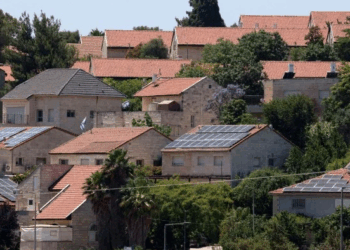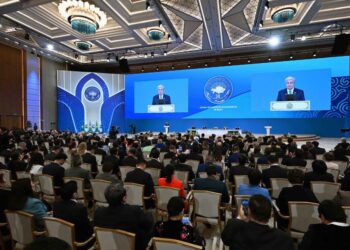terça-feira, 3 junho , 2025
22
°c
Brasília
26
°
sáb
27
°
dom
26
°
seg
25
°
ter
Where Uruguay leads, the rest of the world struggles to keep up
0
Tags
Alemanha
argentina
Azerbaijão
Brasil
Brasília
Cazaquistão
China
comércio
Cooperação
Coronavírus
Covid-19
Diplomacia
eleições
Embaixada
Embaixador
Embaixadora
EMBAIXADORES
Estados Unidos
EUA
Exposição
França
Independência
India
Irã
Israel
Itamaraty
iTália
Japão
Joe Biden
MERCOSUL
ministro
OMS
ONU
palestina
pandemia
Portugal
presidente
reino unido
russia
Turismo
Ucrânia
UE
UNIÃO EUROPEIA
Vacina
Venezuela
Sobre a embassy • About Us
A Embassy é um moderno e dinâmico veículo de comunicação e business, cujo objetivo é divulgar as ações/projetos das embaixadas e organismos internacionais, de comércio exterior, intercâmbios bilaterais, missões diplomáticas, turismo, tecnologia, cultura e ambientais. São ainda nosso foco de divulgação, iniciativas dos governos federais, estaduais e municipais de âmbito mundial.© 2025 Embassy - Agência de Notícias - Desenvolvido por:Iuppa Digital.







